What is The Baroque?
Well its a period, in history… a cultural period.

By Johannes VermeerPublic Domain, Link
Simply put, it comes after the Renaissance.
Rubens, Rembrandt and Vermeer were a thing in the art world, as was Vivaldi in the music realm. The gorgeous gardens at Versailles came into being, ballet began to develop in the French courts, and the harpsichord quietly evolved into the Piano.
1300 – 1600 The Renaissance
1600 – 1750 The Baroque
1700 – 1800 The Rococo

By Rembrandt – www.gardnermuseum.org : Home : Info : Pic, Public Domain, Link
By Peter Paul Rubens – Private collection, Public Domain, Link
The Baroque (UK: /bəˈrɒk/, US: /bəˈroʊk/) is a highly ornate and often extravagant style of architecture, music, dance, painting, sculpture and other arts that flourished in Europe from the early 17th until the mid-18th century. It followed Renaissance art and Mannerism and preceded the Rococo (in the past often referred to as “late Baroque”) and Neoclassical styles. It was encouraged by the Catholic Church as a means to counter the simplicity and austerity of Protestant architecture, art and music, though Lutheran Baroque art developed in parts of Europe as well.[1]
The Baroque style used contrast, movement, exuberant detail, deep colour, grandeur and surprise to achieve a sense of awe. The style began at the start of the 17th century in Rome, then spread rapidly to France, northern Italy, Spain and Portugal, then to Austria and southern Germany. By the 1730s, it had evolved into an even more flamboyant style, called rocaille or Rococo, which appeared in France and Central Europe until the mid to late 18th century.
The Baroque (, ) is a highly ornate and often extravagant style of architecture, music, dance, painting, sculpture and other arts that flourished in Europe from the early 17th until the mid-18th century. It followed Renaissance art and Mannerism and preceded the Rococo (in the past often referred to as “late Baroque”) and Neoclassical styles.
A Worldwide view of the Baroque Period
What, then, is the Early Modern Period?
This is a cultural period which encompasses the Baroque period.
476 – 1500 Middle Ages
1500–1800 Early Modern
In the history of Europe, the early modern period follows the Medieval period. It begins around the Fall of Constantinople in 1453, and includes the Renaissance period, the Baroque period and the Rococo period.
1800 – 1945 Late Modern
1945 – Now Contemporary History
And the Age of Discovery?
It refers to a period from 1400 – 1700 when a lot of ‘new’ (from a European perspective) places were discovered.


